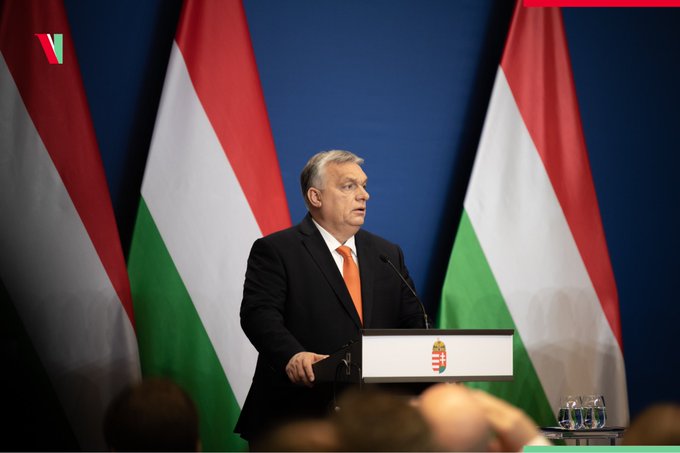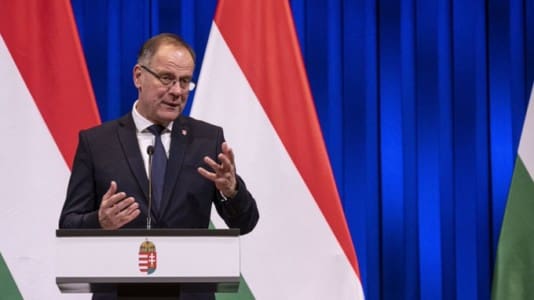Hungarian Prime Minister Viktor Orbán has called for the existing European Parliament to be abolished in the wake of the current corruption scandal and replaced with a new legislature comprised of national delegates.
In a press conference on Wednesday, Orbán took his latest shot at Brussels claiming it must “drain the swamp” following the cash-for-favors scandal that saw over €1.5 million in Qatari bribe money discovered in the homes of top left-wing EU MEPs.
He suggested the parliament in its current form be abolished and replaced by a new system in which national governments send appointed delegates to Brussels and Strasbourg.
2/2 Creating a new European Parliament, consisting of national delegates. This guarantees greater oversight, accountability and credibility. Give control back to the Member States! #draintheswamp #pressconference
— Orbán Viktor (@PM_ViktorOrban) December 22, 2022“The Hungarians would like for the European Parliament to be dissolved in its current form,” Orban said.
“The degree to which the reputation of the European Parliament in Hungary has been damaged is easy to answer: not at all, because it couldn’t have been any lower,” he quipped.
Orbán’s comments come after recent revelations of high-level corruption at the heart of the parliament, including allegations that EU legislators were bribed by Qatari officials to influence EU policy.
Four people have since been charged with corruption and money laundering following arrests by the Belgian and Italian police, with €1.5 million in cash found in suitcases at the homes of serving and former MEPs in Brussels, including MEP Eva Kaili, who has since been removed from her position as vice-president in the EU parliament.
The Hungarian prime minister took to Twitter on Thursday to claim radical reform of the European legislature was the only way to restore public trust, adding that the parliament’s anti-corruption safeguards had “failed miserably.”
His plan of appointing national delegates to Brussels “guarantees greater oversight, accountability, and credibility,” he added, which would “give control back to the member states.”






